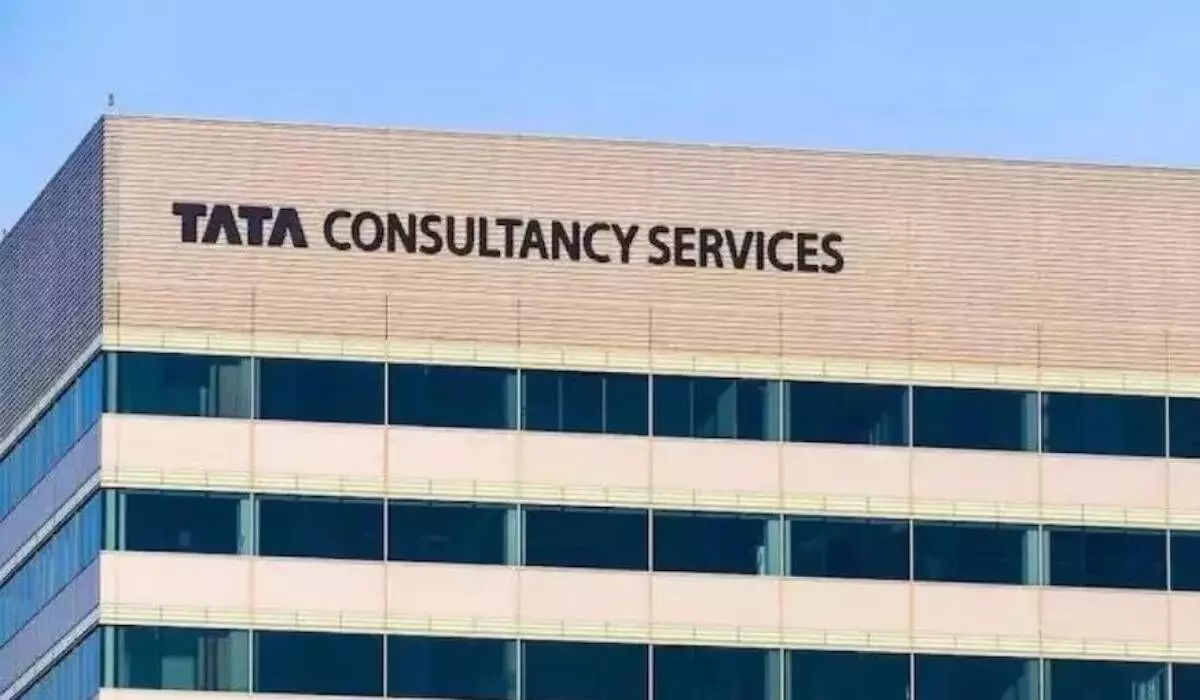Bribes-for-jobs scam at TCS may strip Indian IT sector of its sheen
The episode at TCS should be a wake-up call for Indian corporates, especially the labour-intensive IT companies, which count the world as their market
image for illustrative purpose

The diversified Tata Group, India's top business group with a total market capitalisation of over Rs 20 lakh crore, is known for its best corporate governance and non-corrupt practices.
Founded way back in 1868, Tata Group, which now employs nearly 10 lakh people, established itself as a major player in diversified sectors ranging from salt to software. Tata Consultancy Services, better known as TCS, is a major contributor to Tata Group's top line as well as bottom line. This software giant from the Tata stables, which was founded in 1968 exactly 100 years after the group took roots, employs over six lakh people worldwide. TCS, which generated Rs 2.25 lakh crore in total revenues and churned out Rs 42,147 crore net profits in FY23, has been leading the Indian IT sector space since its inception. The IT major with such a stellar history seems to be in the dock now with an alleged major bribes-for-jobs scam surfacing in its backyard recently.
According to media reports, TCS sacked four senior officials for accepting bribes from some hiring agencies in exchange for offering jobs to their candidates. Reportedly, TCS banned three hiring firms. The key person involved in the scam is said to be E.S. Chakravarthy, a Telugu man, who was heading the Resource Management Group (RMG) of the Mumbai-based tech giant. It is alleged that this malpractice has been going on for years together. It is said to have come to light following a whistleblower's complaint to the software major's Chief Executive Officer (CEO). Some reports pegged the total value of such underhand dealings at Rs 100 crore, which is not a small amount.
TCS, however, stoutly denied any recruitment scam as regards the company. In a statement, the software major said that there was no fraud as such. It, however, admitted that the company's code of conduct was violated by some employees and also vendors, which roped in contractors for the company.
Going by its response, TCS admitted that it indeed received a complaint and launched a review which, according to it, did not find any wrongdoing and there was no financial impact whatsoever on the company. It also said that RMG had no role in recruitment as it just handles the task of allocating available resources to various projects. However, RMG pooled in talent from contractors whenever there was a shortfall, it added.
It is a general practice among Indian IT companies to rope in contractors to execute projects. It is called sub-contracting in the technology industry parlance. Under this, talent from such sub-contractors will be deployed for executing its software projects. However, this talent will not be on TCS rolls. Has this scam happened while hiring was done by contractors for TCS projects? This seems quite possible.
Whatever might be the reason and wherever it might have happened, such wrongdoing has definitely sullied the image of TCS. It's a blow to Tata Group's impeccable credentials.
Furthermore, this sordid episode should be a wake-up call for Indian corporates, especially the labour-intensive IT companies, which count the world as their market and which get more revenues from overseas than the domestic market.
The Indian IT sector has been growing at a rapid pace in recent years. Its size reached a staggering $227 billion in FY22, employing over 50 lakh people. In FY22 alone, it added 4.45 lakh new jobs. Though hiring has perceptibly slowed down in FY23, the sector is still the largest recruiter in the country's private sector.
Moreover, the cost arbitration is the biggest advantage for Indian IT companies. They pay salaries in Indian rupees, a currency which is getting weaker by the day, while they earn in dollars. That's the reason why margins are very high in the IT sector compared to other sectors, even though salaries are high.
Till recently, Indian IT companies were dubbed as glorified labour contractors as most of them supplied IT professionals to other companies. This is known as body shopping in tech business circles. But the Indian companies are moving up the value chain and taking up high technology based projects now.
As per an estimate, the Indian software product industry is expected to reach $100 billion by 2025.
Further, talent availability at cheaper cost is a key reason for India to emerge as the global software technology hub. But there seems to be a visible lack of transparency while hiring talent, especially from college campuses. As a consequence, lowly-ranked colleges and universities are also boasting of having secured high-paying jobs in their campus recruitments.
The TCS episode reveals that there is lack of transparency in non-campus hiring as well. If this continues, the Indian IT sector is certain to lose its edge in the software talent space. Moreover, such episodes will obviously show the Indian IT sector in a poor light. That is not good in the long run. As the IT sector is the crown jewel of the country having put India on the global map, the government should also focus on this aspect.
But more responsibility rests on the shoulders of the Indian IT companies. Will they pull up their socks and go for a genuine clean-up when it comes to hiring? Only time will tell.

